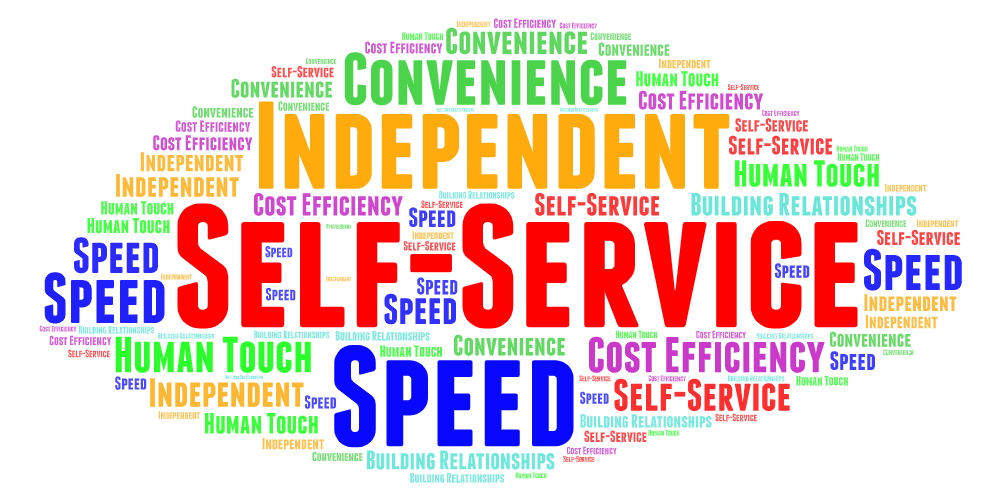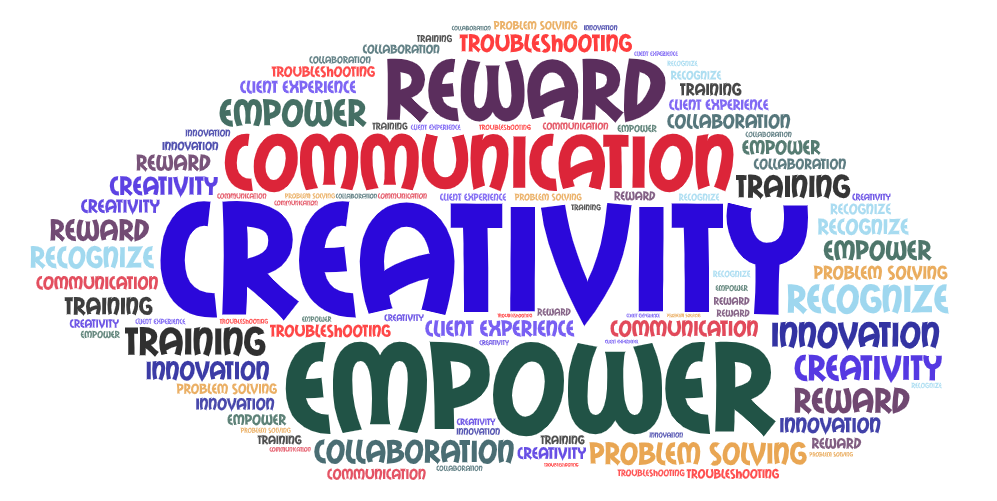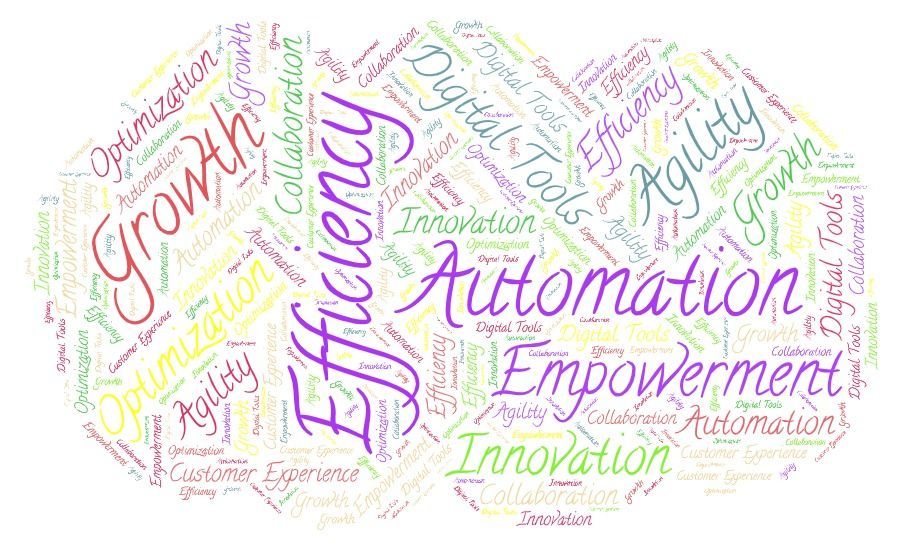The Art of Personability: Elevating Customer Service to New Heights
In the realm of customer service, the human touch is irreplaceable. Despite the rise of automation and self-service technologies, the need for personable interactions remains paramount. After all, how can one expect to deliver exceptional customer experiences without being approachable and personable? This is the cornerstone of making clients feel at ease when seeking assistance from your staff. Let’s delve into the key traits that define personability and how they can transform customer service.
Active Listening: The Heart of Understanding
Active listening is not merely hearing words; it’s about comprehending the message, the emotions, and the unspoken nuances behind them. It involves giving the speaker your undivided attention, acknowledging their concerns, and responding thoughtfully. In customer service, active listening can turn a routine interaction into a memorable one, ensuring customers feel heard and valued.
Effective Nonverbal Communication: Speaking Without Words
Nonverbal cues often speak louder than words. Eye contact, facial expressions, and body language convey empathy and understanding. For customer service professionals, mastering nonverbal communication means building trust without saying a word. It’s about creating a welcoming atmosphere that invites conversation and connection.
Empathy: The Bridge to Customer Loyalty
Empathy is the ability to walk in someone else’s shoes. In customer service, it’s about genuinely understanding the customer’s perspective and addressing their needs with compassion. Empathetic service providers forge deeper connections, turning satisfied customers into loyal advocates for your brand.
Positivity: The Beacon of Hope
A positive attitude is contagious. It has the power to diffuse tension and uplift spirits. In the face of challenges, a positive customer service representative can turn a problem into an opportunity, leaving customers with a sense of hope and satisfaction.
Genuineness: The Mark of Authenticity
Customers can sense when interactions are scripted or forced. Genuineness, on the other hand, fosters trust and rapport. Being genuine means being yourself—transparent, honest, and real. It’s about showing customers that you’re not just a representative, but a fellow human being who cares.
Balancing Automation with the Human Element
As we embrace the benefits of self-service and automation in customer experience, we must not lose sight of the human element. Technology can handle routine tasks, but it cannot replicate the warmth and understanding of a personable interaction. The key is to balance efficiency with empathy, ensuring that when customers need support, they are met with a friendly and helpful presence.
Conclusion: The Personable Path to Customer Service Excellence
Being personable is more than a trait; it’s a philosophy that should permeate every aspect of customer service. It’s about creating a culture where active listening, effective nonverbal communication, empathy, positivity, and genuineness are not just encouraged but celebrated. By fostering these traits, businesses can elevate their customer service from good to great, ensuring that every interaction leaves a lasting, positive impression.
In a world where customers have endless choices, the companies that prioritize personable customer service will stand out. They will be the ones that customers return to time and again, not just for the products or services they offer, but for the human connections they provide. So, let’s put personability at the forefront of our customer service strategies and watch as it transforms not only our customer experiences but also our business success.









